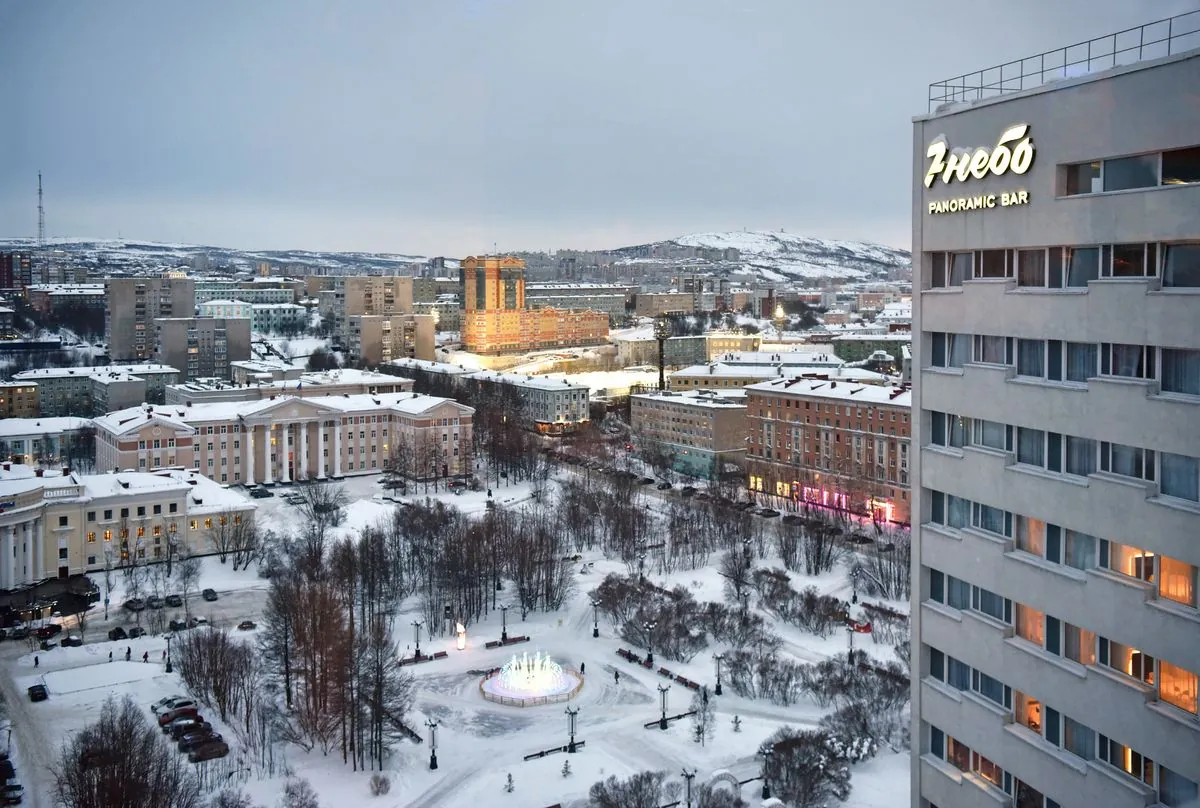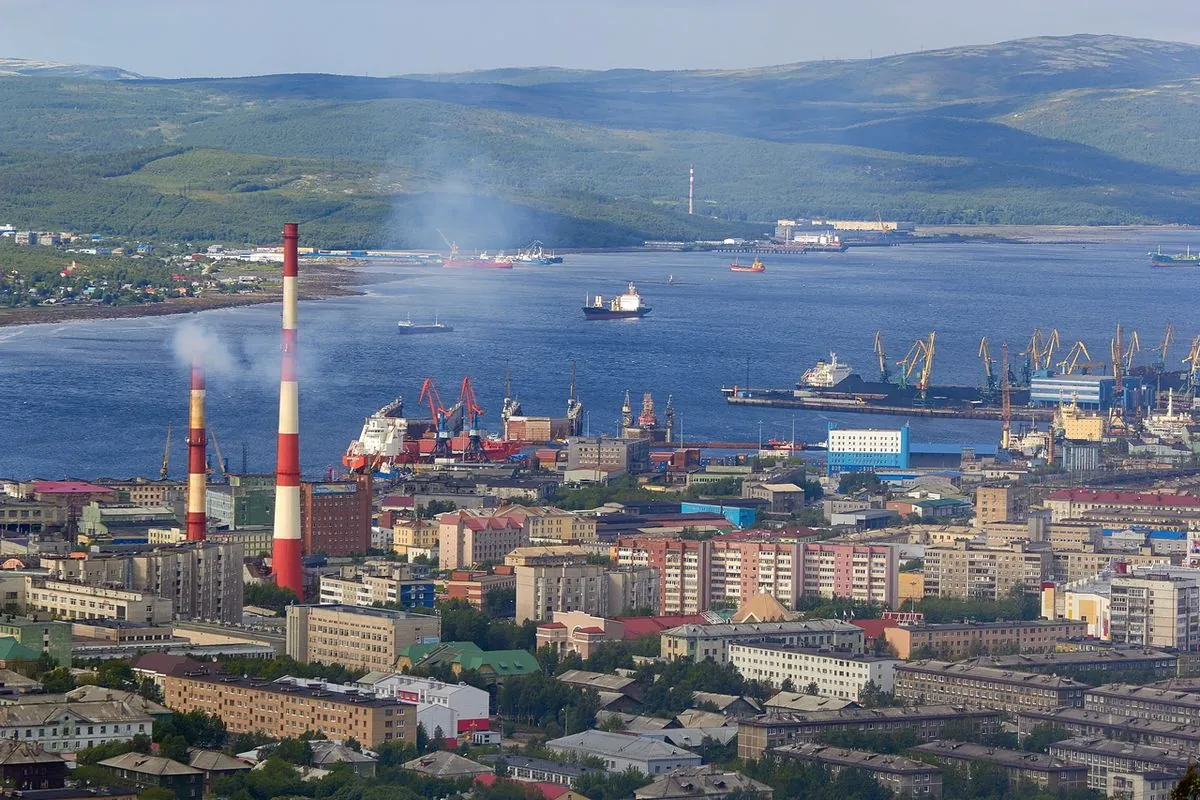Russian Arctic Airports Resume Operations After Drone Alert
Murmansk and Apatity airports in Russia's Arctic reopened after a brief closure due to a drone threat. Such incidents have become frequent since the start of the Ukraine conflict.

In a recent development, airports in Murmansk and Apatity, two Arctic cities in Russia, temporarily halted operations due to a potential drone threat. The aviation authority, Rosaviatsia, confirmed that both facilities have since resumed normal activities.
This incident is part of a pattern that has emerged since Russia's full-scale invasion of Ukraine began 2 years, 5 months, and 28 days ago. Russian airports have frequently implemented similar closures in response to actual or potential Ukrainian drone incursions.
Andrei Chibis, the Governor of Murmansk, acknowledged the drone threat to the region but refrained from providing additional details. Subsequently, several Russian media outlets circulated a video purportedly showing the downing of a drone in the Murmansk region, though the authenticity of this footage could not be independently verified.

The Murmansk region, home to the largest city north of the Arctic Circle, holds strategic importance for Russia. Near the city of Olenegorsk, an airbase houses Tu-95 "Bear" strategic bombers, crucial components of Russia's long-range aviation capabilities.
Murmansk's significance extends beyond military considerations. Founded in 1916 as a supply port during World War I, the city played a vital role in World War II, earning it the title of "Hero City" for its resistance. Today, it serves as a key base for the Russian Northern Fleet and boasts the world's only fleet of nuclear-powered icebreakers.
The region's unique geographical location contributes to its distinctiveness. Experiencing polar nights for about 40 days in winter, Murmansk nonetheless maintains an ice-free port year-round due to the Gulf Stream's influence. This feature has been crucial for its development as a major Arctic hub.
Apatity, the other affected city, is one of Russia's youngest urban centers, founded in 1966. Named after the mineral apatite mined in the nearby Khibiny Mountains, it has evolved into a significant scientific center, hosting several research institutes.
The Murmansk region's strategic value is further enhanced by its rich natural resources, including nickel, copper, and phosphates. It also houses the Kola Superdeep Borehole, the deepest artificial point on Earth, showcasing the area's geological importance.
As these Arctic cities navigate the complexities of modern geopolitical tensions, their historical, scientific, and strategic significance continues to shape their role in Russia's national landscape.


































